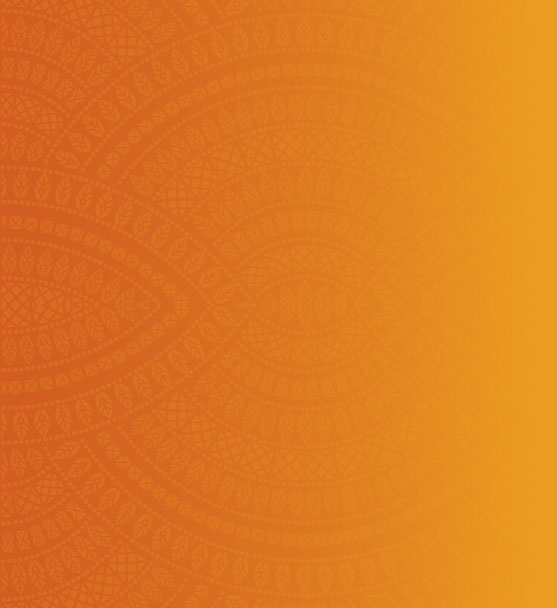
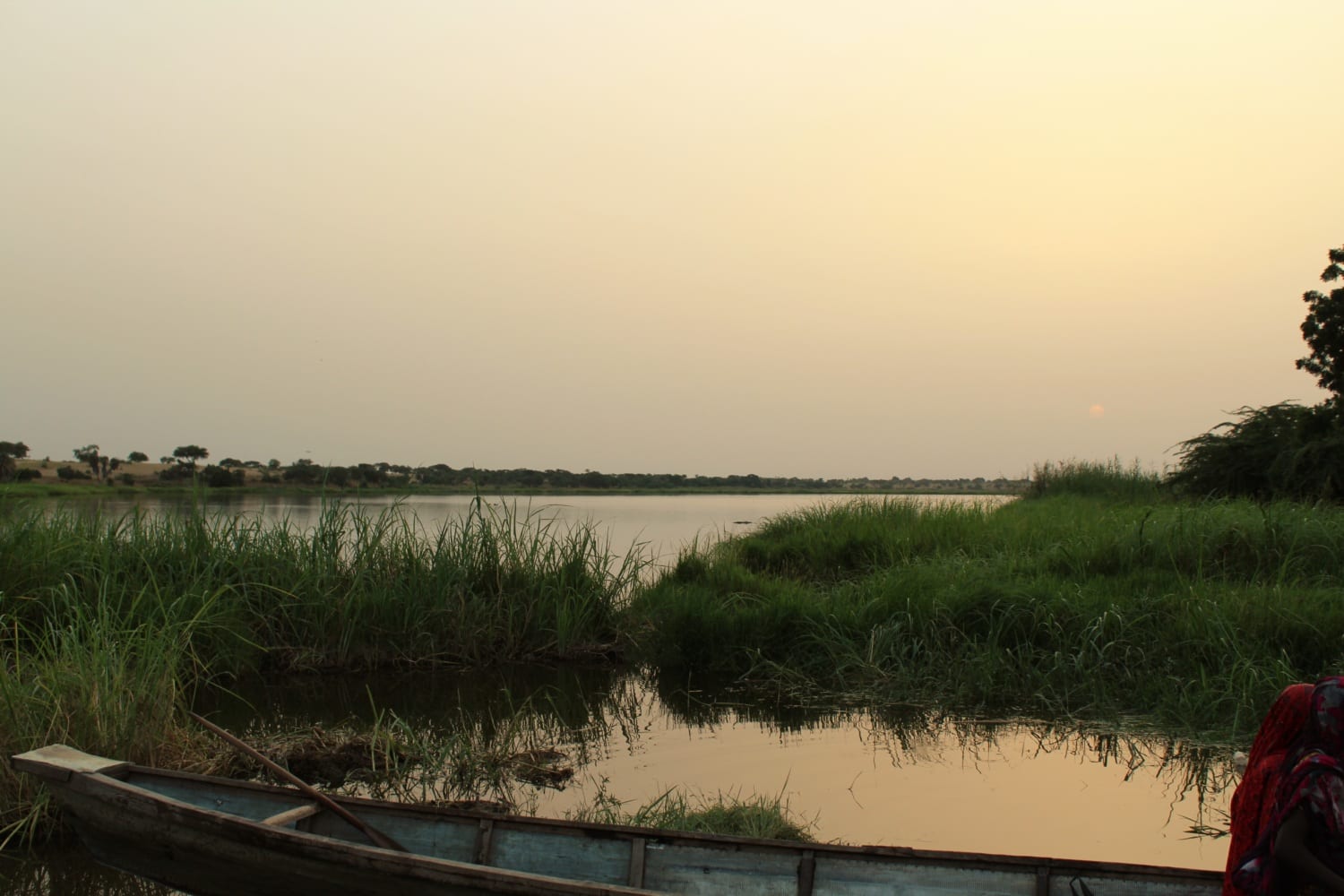
Radio program inspires Boko Haram fighter to defect
A former Boko Haram fighter credits a Voices for Peace radio program for inspiring him to defect and become a community leader.
A Project of —
Voices for Peace (V4P)
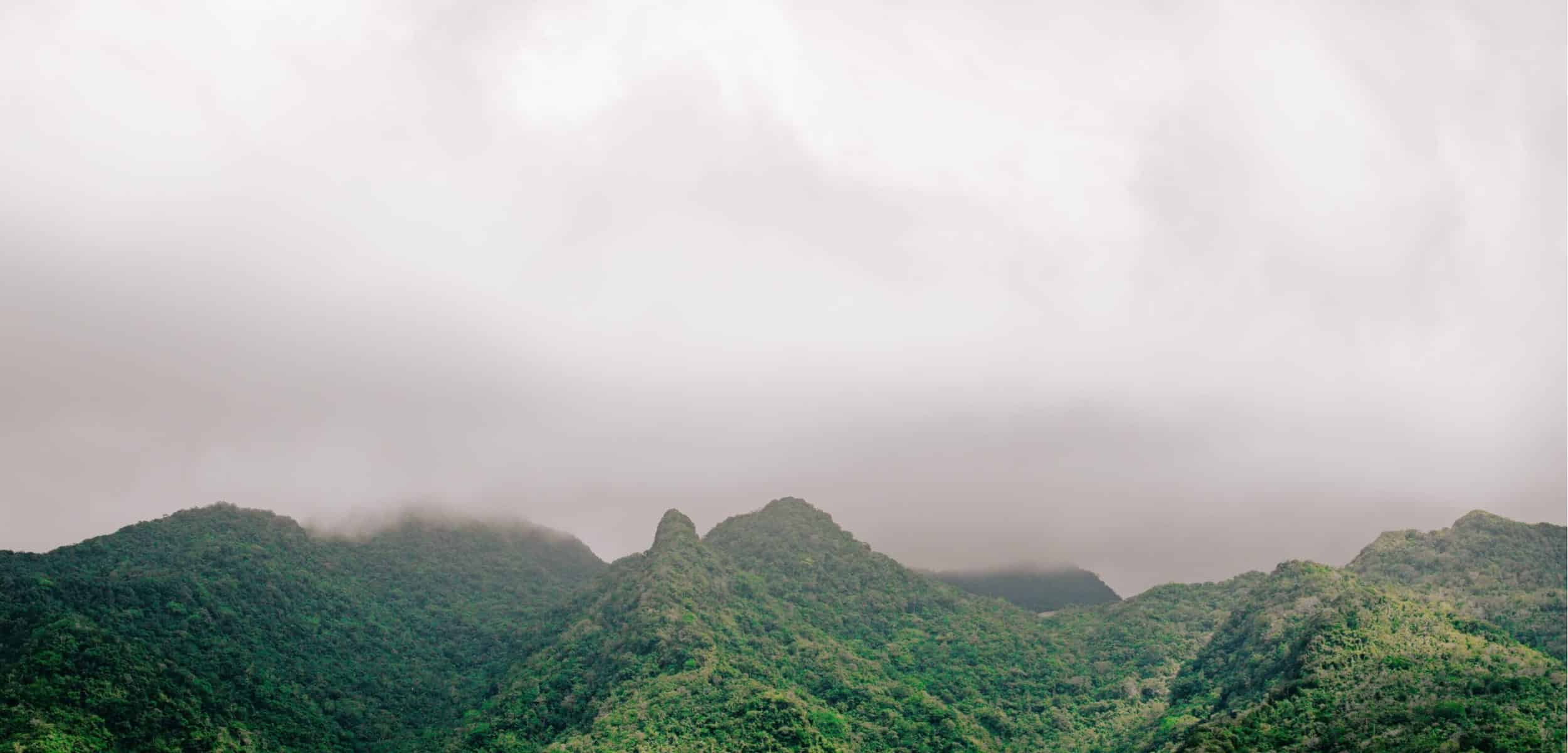
When Mamadou,* a young man from a village along Lake Chad, decided to join Boko Haram as a fighter, it was to make his voice heard.
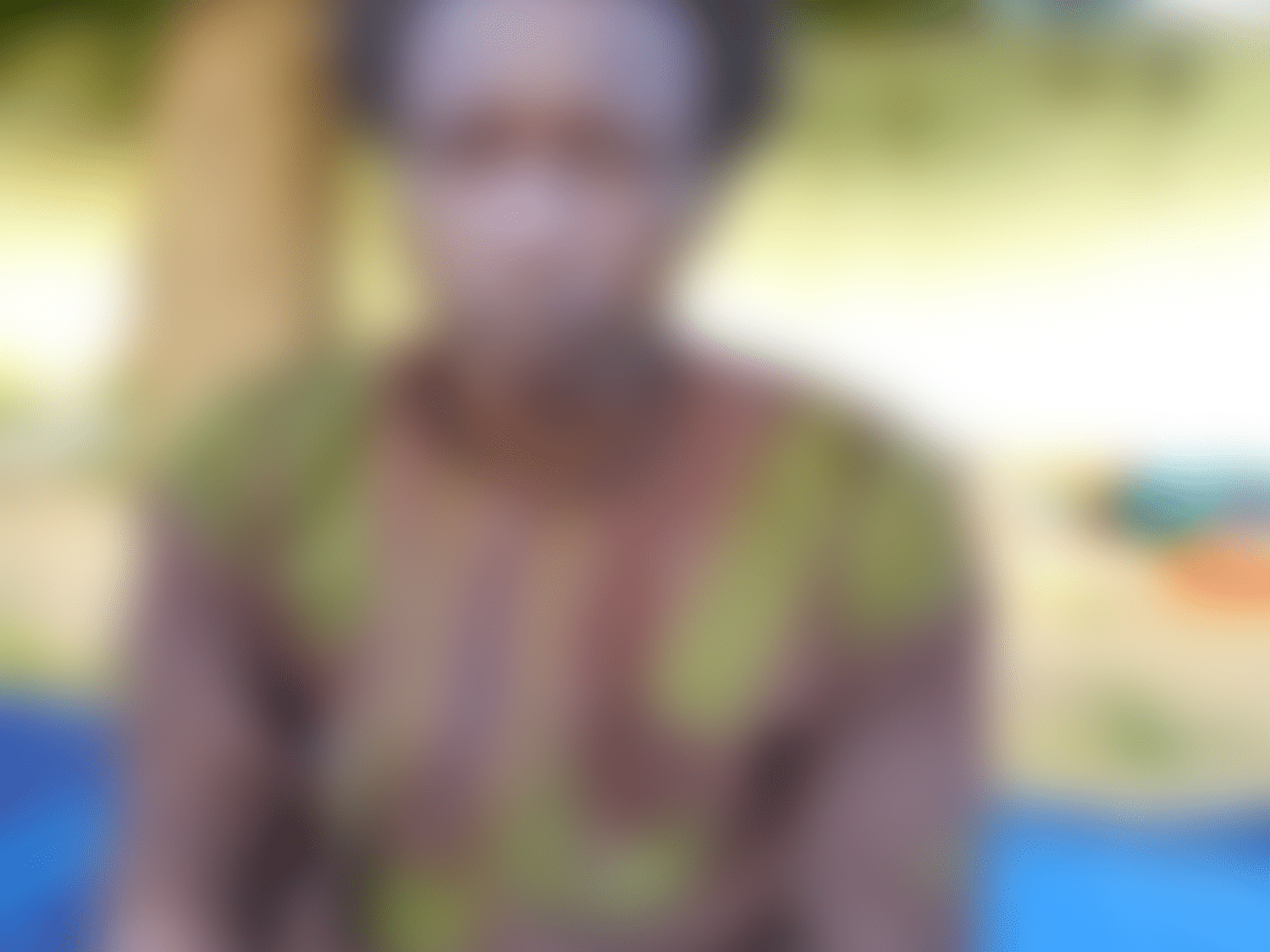
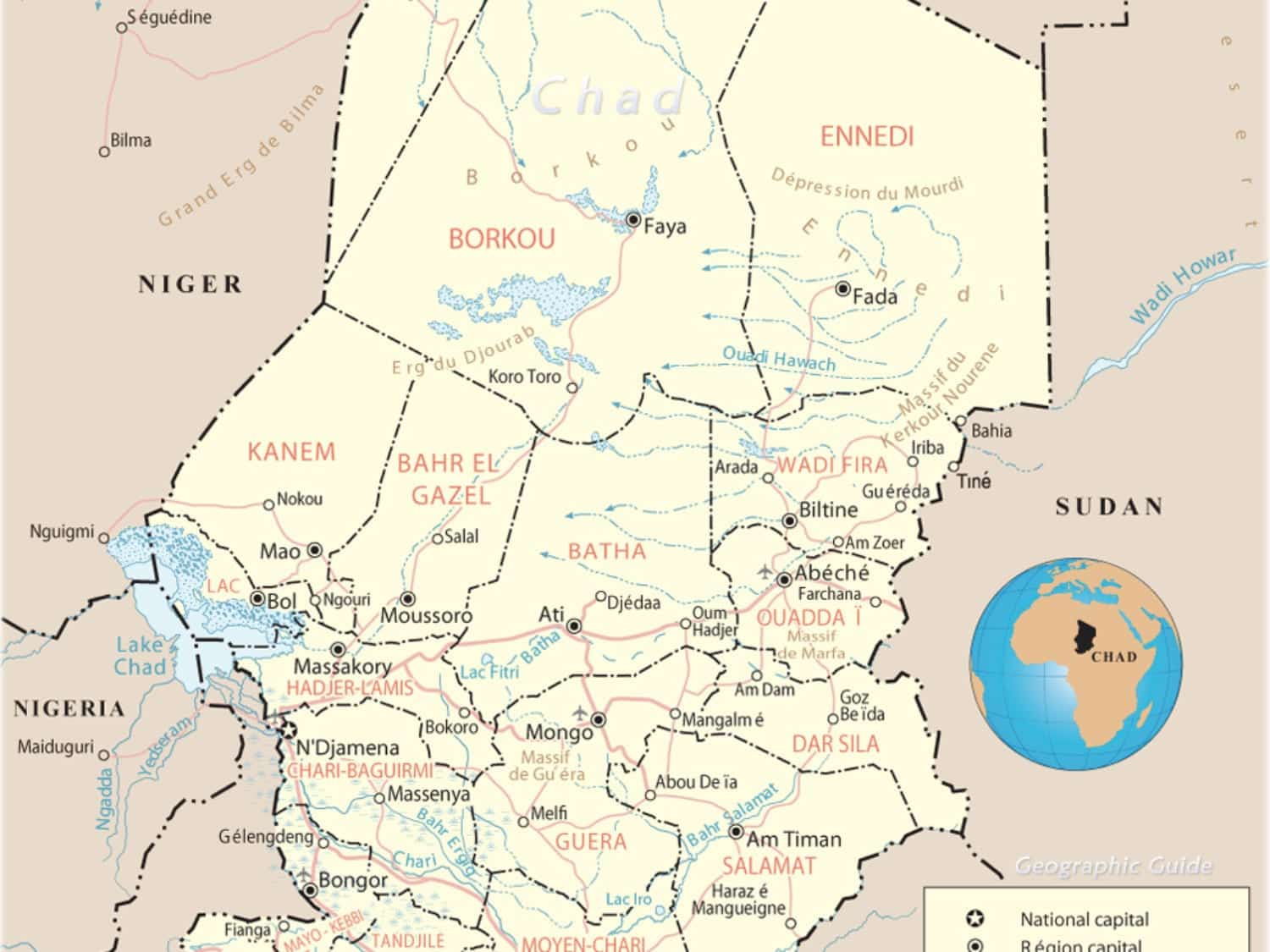
Mamadou is a member of the Buduma minority ethnic group in Chad, an historically marginalized group. Subjected to constant harassment from the government and security forces, discrimination, stereotyping, and accusations of complicity with Boko Haram, many Budumas live in poverty with little to no way out. To provide for his family, Mamadou tried to use the resources of Lake Chad, by becoming a fisherman at a young age.
But as a Buduma fisherman, Mamadou and his community were often treated differently by the Chadian government.
Imagine, they impose high taxes on the simple water that God gave us, so that we can eat and work to support our families. If you put nets or any other fishing tool in the lake, they will force you to pay more in taxes than you could earn if you work your whole life. You will not earn anything. You could sell all of your own goods at the market; you would still not be able to pay them.”
So when, in an act of desperation, Mamadou joined Boko Haram, he decided to take others in his community with him, as a way to help them too. This is how he convinced them.
I said: it’s an opportunity to be heard. If we go to join the other side, the state will have to ask why we have gone and they will have listen to us, whether they want to or not.”
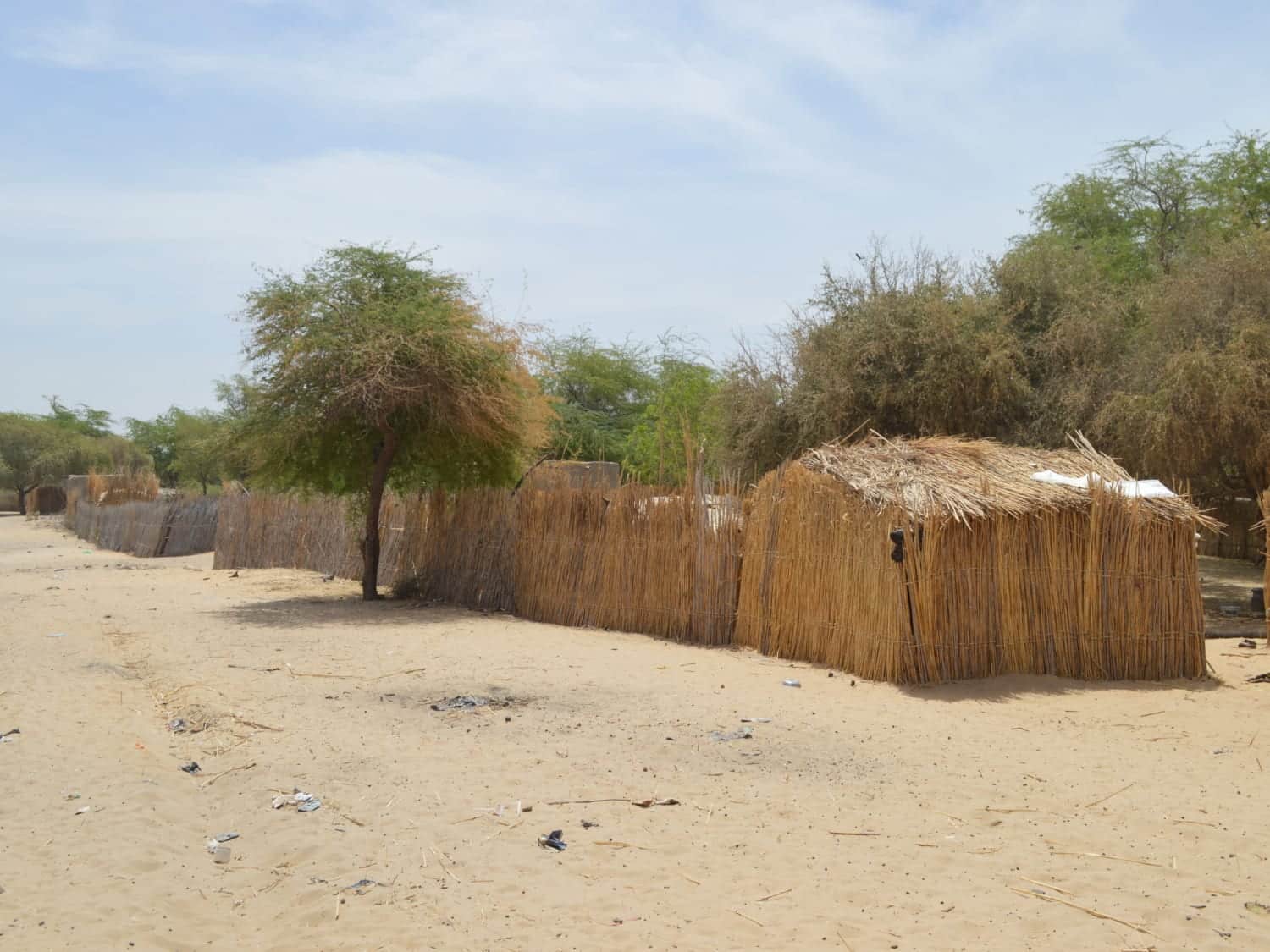
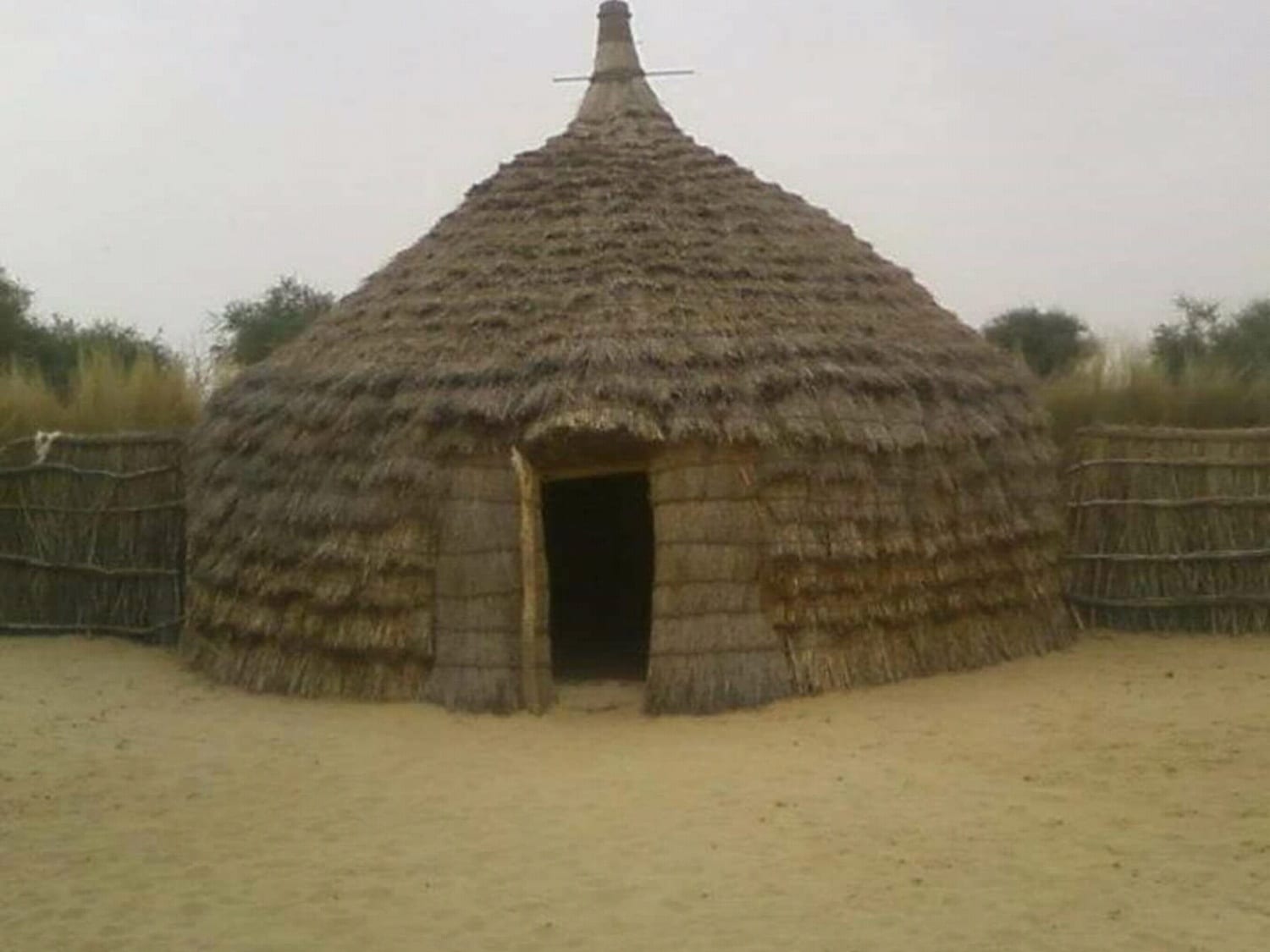
BUILDING NEW AVENUES TO BE HEARD: ‘VOICES FOR PEACE’
After 10 years, the Boko Haram insurgency has lured tens of thousands of young men and women like Mamadou from across the Lake Chad Basin seeking financial security, agency, belonging, meaning, voice, revenge. Their path to Boko Haram varies: some are coerced or abducted, some are led to believe it is their birthright to defend their land and religion, others join for a combination of individual traits and external factors that surpass the narrow definitions of drivers and push/pull factors that we often use as countering violent extremism (CVE) specialists.
Over the past few years, Equal Access International (EAI) has conducted research in the Lake Chad region to better understand how external environments shape individuals’ psychology and behavior and how the processes of radicalization and empowerment might look differently if alternative pathways were available to those most at risk. Among those interviewed were dozens of current and former members of armed opposition groups affiliated with Boko Haram in Nigeria and Chad.
Through local media and community engagement, EAI has sought to advance new narratives for inclusive peace and social change and open avenues for marginalized voices to be heard. These new narratives seek to leverage and transform often-destructive processes and behavior associated with radicalization for positive outcomes, arguing that, to be more effective, P/CVE programming needs to recognize, enhance, and channel potential assets of all marginalized and at-risk groups (including radicalized youth).
Our research has found that, among these assets are elements such as agency, commitment, leadership, and self-efficacy. Our adaptive programs across the Lake Chad region and broader Sahel region seek opportunities to reorient the impulses, assets, attitudes, and behaviors of those on the margins of society from vulnerability, disempowerment, and radicalization towards non-violent civic empowerment.
At the time of his interview, Mamadou had defected from Boko Haram but before that, and for six years, as a fighter, he seemed destined to continue rising in rank: in his last post, he was the leader of a Boko Haram subgroup comprised of members of the Buduma community, operating in several areas in and around the Lake. But things radically changed he says when he heard EAI’s Voices for Peace radio programming.
The broadcasts you made on the radio led us to make this decision today. You explained to us that what we were doing was contrary to religion and was destroying our country rather than helping it; that the [violence advocated by Boko Haram] is not the way to Paradise. We realized that we were in the wrong and it is at that moment that we discussed [leaving] among my men. I called them and told them that it is not the right way and that we will do well to return home rather than be the enemy of our own country.”
Since defecting in 2018, Mamadou has convinced several others to follow in his footsteps and is currently being held by the Chadian authorities.
*Name changed to protect identity.
Voices for Peace (V4P) is a USAID-funded project implemented by Equal Access International (EAI) with the aim of reducing vulnerability to violent extremism across five countries in the Sahel region of West Africa (Burkina Faso, Cameroon, Chad, Mali, and Niger). V4P has a strong presence in the Lake Chad region and broadcasts regularly in the region through dozens of reliable partner radio stations. The V4P team works with its partners to build resilience by addressing the root causes of violent extremism and promoting social cohesion through issue-based programming, local dialogue, and training of young advocates and influencers. These radio productions create alternative narratives to those of violent extremist organizations such as Boko Haram, who exploit community divisions and social grievances to recruit individuals like Mamadou.
